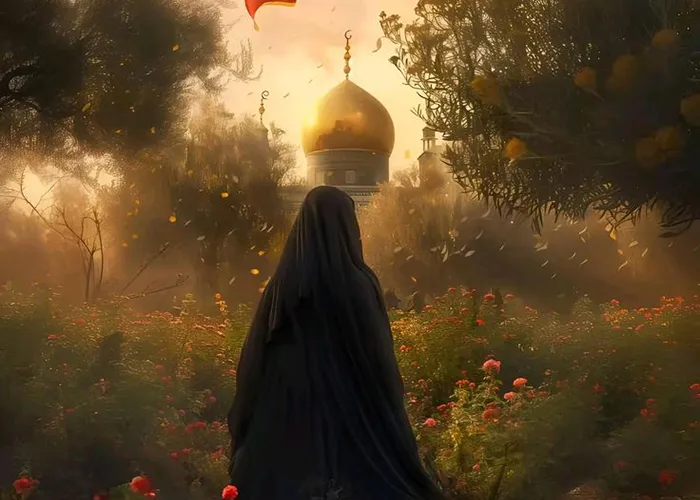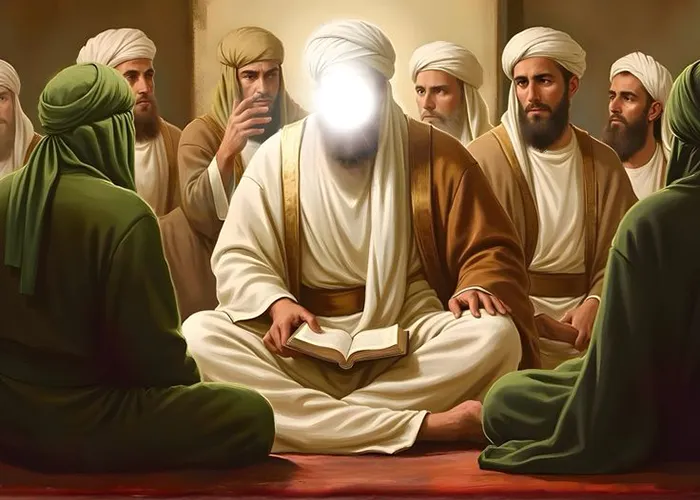Inspirational Tales – Volume01 Issue20
The counsel of Imam Mahdi (Aj) to read the books of Shahidain[1]
Shahid Awwal (the First Martyr), may Allah have mercy upon him, was a student of Fakhr al-Muhaqqiqin, the son of the late Allama Hilli. His teacher writes about him, saying: “I have benefited more from my student Muhammad ibn Makki than he has benefited from me.” He said this when the late Martyr was only seventeen years old and had only been in Fakhr al-Muhaqqiqin’s class for one year.
It is narrated from the late Ayatollah Bahjat, may Allah have mercy upon him, that during the pilgrimage of one of the scholars who had the honour of meeting Imam Mahdi (Aj), the Imam told him: “The two martyrs did not eat Ash and Polo (Soup and Rice) of the Shia community, yet they left behind blessed books. Let not a day pass without you reading one of their books[2].”
Elsewhere, Ayatollah Bahjat, may his esteemed presence be preserved, stated: It seems that the Imam’s reference to “Ash and polo of the Shia” implies positions of leadership and religious authority.
Shahidain are a Divine Proof for Us
Ayatollah Bahjat said, “The two martyrs, may Allah have mercy upon them, had short lives, yet how blessed their lives were, and how beneficial and valuable were the works they left behind. They are a divine proof upon us, so that we do not let our lives pass in heedlessness and idleness.”
Hujjat al-Islam Ali Bahjat recounts, “My father collaborated with the late Sheikh Abbas Qomi in examining narrations and compiling the book Safinat al-Bihar. He would tell us that the late Sheikh Abbas compiled this book at the home of Ayatollah Milani, may Allah have mercy upon him. Sheikh Abbas would sit in the outer guest area, busy with his writing. The family of the late Milani would even serve him, sometimes bringing water or tea, as they wanted to share in this work he was doing. A significant portion of the handwritten manuscript of Safinat al-Bihar was in my father’s handwriting.”
My father believed that the widespread acceptance and success of books by great scholars like Sheikh Abbas Qomi, the First and Second Martyrs, and others were signs of the acceptance and divine blessing upon their efforts. This was because these individuals devoted their entire beings to this path without seeking worldly benefits, so their works became widely accepted and filled with blessings. Imam Mahdi, may Allah hasten his reappearance, encourages scholars from later centuries not to neglect the study of their works.
[1] . Martyr al-Awwal, Muhammad ibn Makki al-Amili (734–786 AH), was a prominent Shia jurist in the 8th century AH, and Martyr al-Thani, Zayn al-Din ibn Ali ibn Ahmad al-Amili al-Juba’i (911–966 AH), was a great Shia scholar and jurist in the 10th century AH.
[2] . Ayatollah Bahjat said, “It seems that what Imam Mahdi (may Allah hasten his reappearance) meant by ‘luxuries’ (ash and polo) was the position of religious authority and leadership.” (In the Presence of Bahjat, vol. 1, p. 46)
editor's pick
news via inbox
Subscribe to the newsletter.




